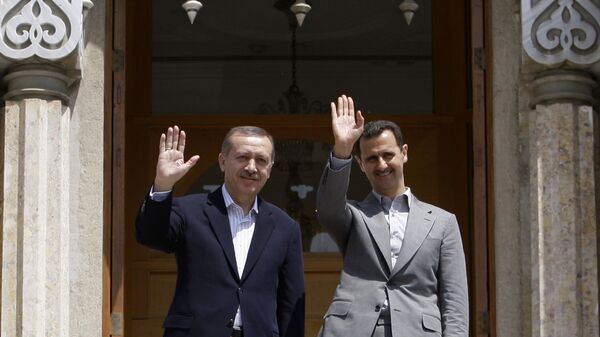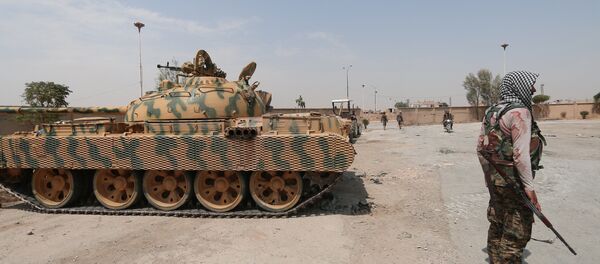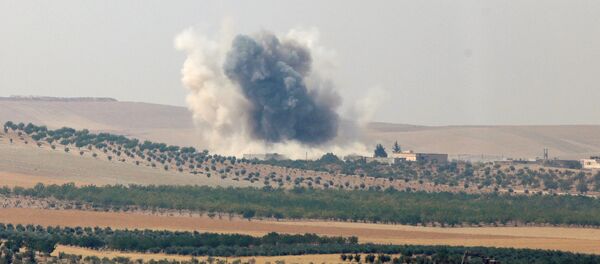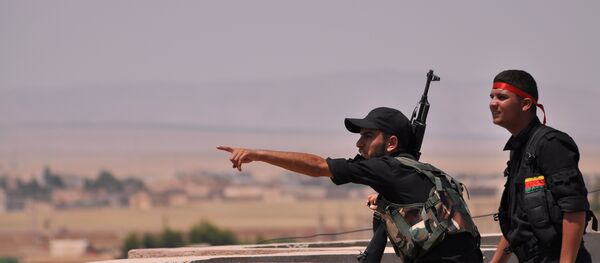According to him, Ankara now sees Daesh and the Kurds as its archenemies while Assad is the lesser of the evils. Probably, this change of heart is related to the normalization of ties between Turkey and Russia.
Yildirim underscored that Assad cannot be part of the future of Syria but now he is an important party to the conflict. The prime minister assumed that Assad may stay in power for a transitional period.
"There may be talks [with Assad] for the transition. A transition may be facilitated. But we believe that there should be no [Kurdish rebels], Daesh or Assad in Syria's future," Yildirim said.
On Saturday, clashes between the Kurdish People’s Protection Units (YPG) and the Syrian Army sparked near the Syrian city of Hasakah. The clashes involved tanks, aircraft and artillery. The Kurds are reported to have captured large parts of government-held areas in Hasaka on Tuesday. The same day the YPG and Damascus-led forces agreed to halt fighting.
The Kurdish factor could change Turkey’s stance towards the Syrian crisis and even bring Ankara and Damascus closer, Russian lawmaker Anvar Makhmutov suggested.
"If negotiations are arranged between Turkey and Syria, for example at the level of contact groups, the Kurdish problem will be on the agenda. This is a very serious problem for both Ankara and Damascus," Makhmutov told the Russian newspaper Izvestia.
Previously, the YPG fought particularly against the Syrian Army and was considered as the main force in a US-led coalition to fight Daesh in its capital, Raqqa. Currently, there are US military instructors in YPG camps.
However, Turkey has always been concerned about the YPG, seeing the group as a possible ally of the Kurdistan Workers’ Party (PKK) which stands for an autonomous Kurdish state in Turkey. Moreover, Ankara is very concerned about expanding Kurdish enclaves in Syria where Kurdish forces are making advances against Daesh and other terrorist groups.
Russia tried to reach reconciliation between Damascus and the Kurds. However, after the recent clashes between the YPG and the Syrian Army Damascus and Ankara are likely to begin normalization, the article in Vzglyad concluded.





